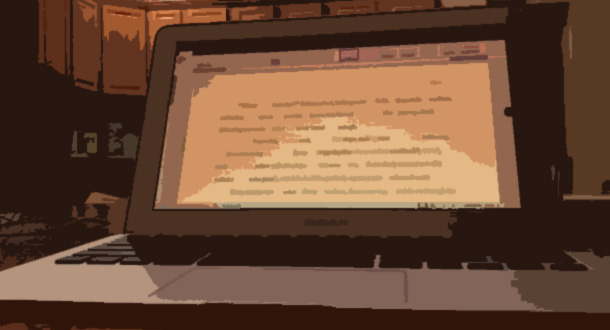
Two weekends ago me and some pals rented a cabin in upstate New York for what we like to call Broke Hack Mountain: a few days of eating, fighting, drinking, and writing.
I was working on a final pass of The Warehouse before submitting it back to Crown. It was great, to see all 472 pages over the course of two and a half days—I caught so much stuff I wouldn’t have caught if the read were stretched over a longer period.
Like, hey, I used a somewhat similar metaphor 70 pages ago and why do so many characters have ponytails? kind of stuff. I know it’s not easy to find a whole, obligation-free weekend, but if you can, it’s worth it.
That’s not what I’m here to talk about, though! I’m here to talk about community. Because one of the many, many publishing-related questions that came up over the weekend was: are conferences worth it?
It’s actually a pretty common question, and one I’ve been asked a lot: do I need to go to this con or that con?
Which is a good jumping off point, I think, that’ll bring us back to why we went to the cabin in the first place (and why we hope to make it a more regular occurrence).Continue reading “Writing Advice Sucks #5: The importance of community, the quantum state of cons, and recharging your creative batteries”






